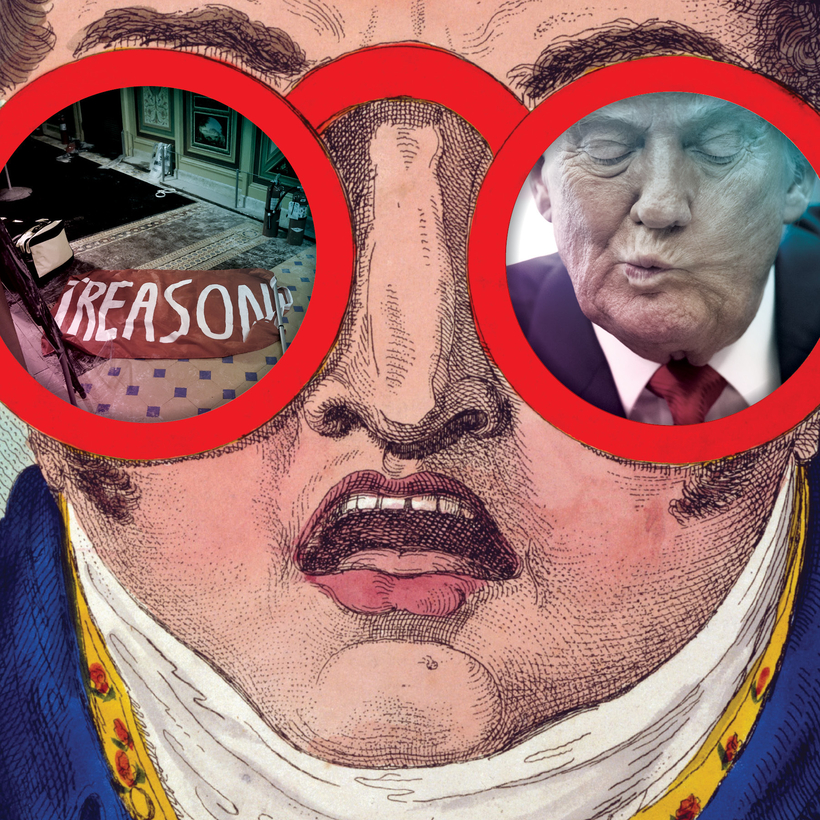In our system of checks and balances, the president’s unilateral power to grant pardons is a constitutional anomaly. (So, at least according to Donald Trump, is the right to impose tariffs. How’s that going?)
Presidents enjoy this power thanks principally to the advocacy of Alexander Hamilton at the Constitutional Convention in 1787. “Without an easy access to exceptions in favor of unfortunate guilt,” he later wrote, “justice would wear a countenance too sanguinary and cruel.” He said that such a heavy responsibility—the right to decide, in the president’s sole discretion, between freedom or confinement, even life or death—would “naturally inspire scrupulousness and caution.”


